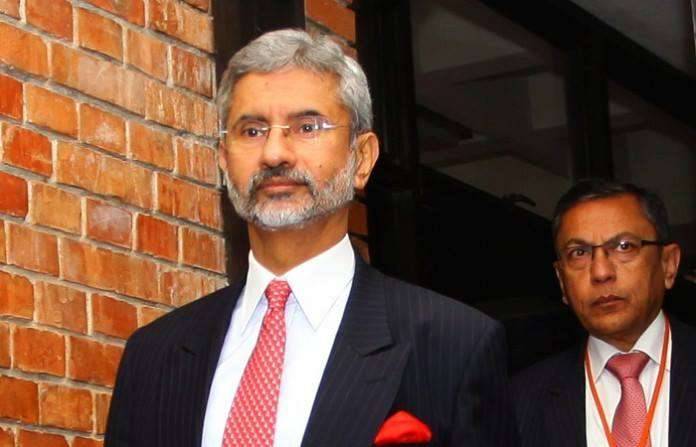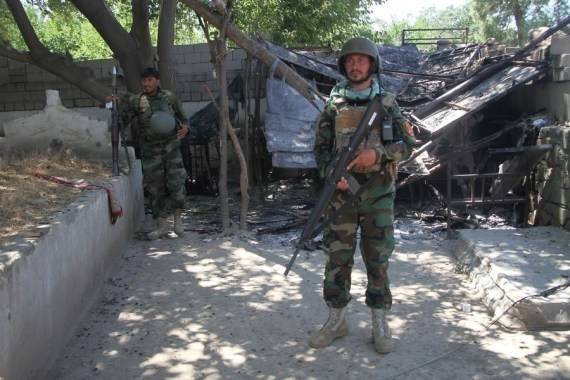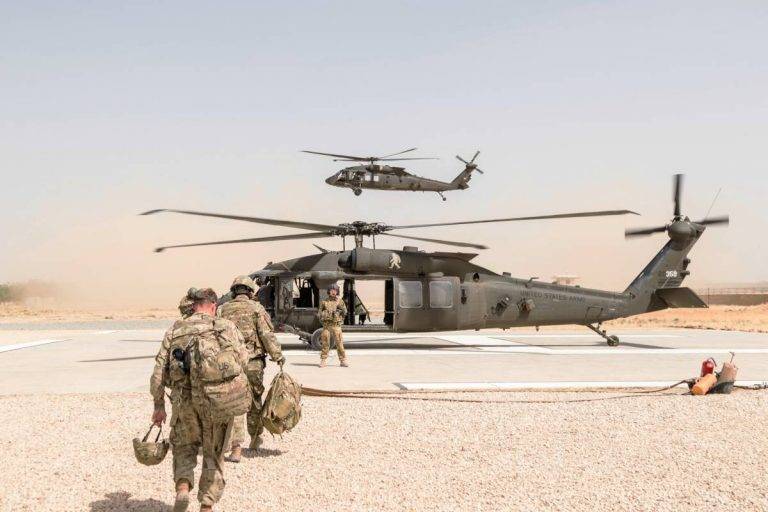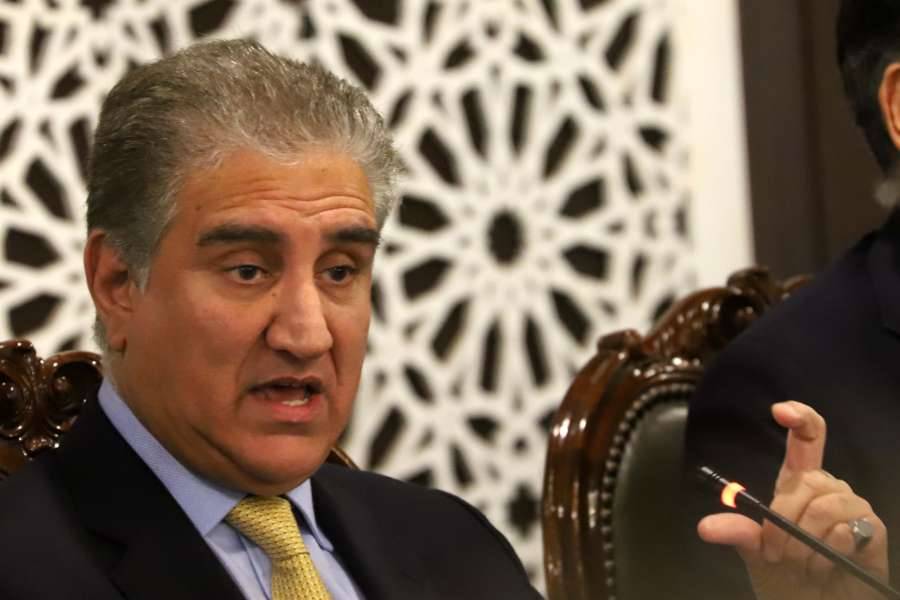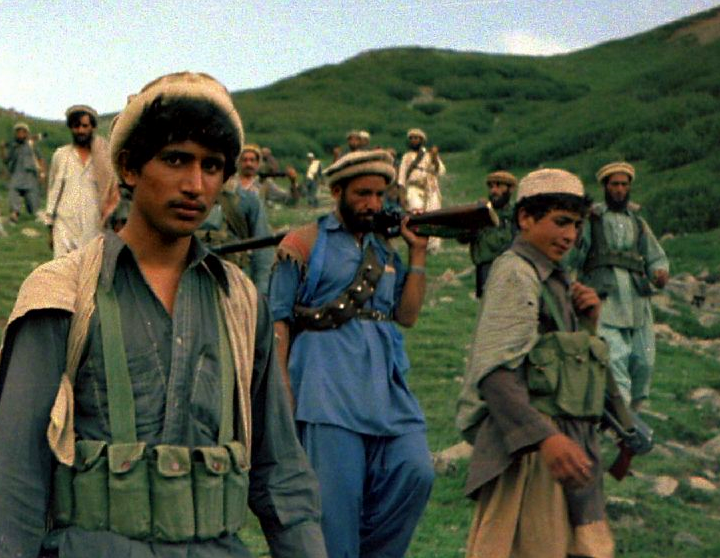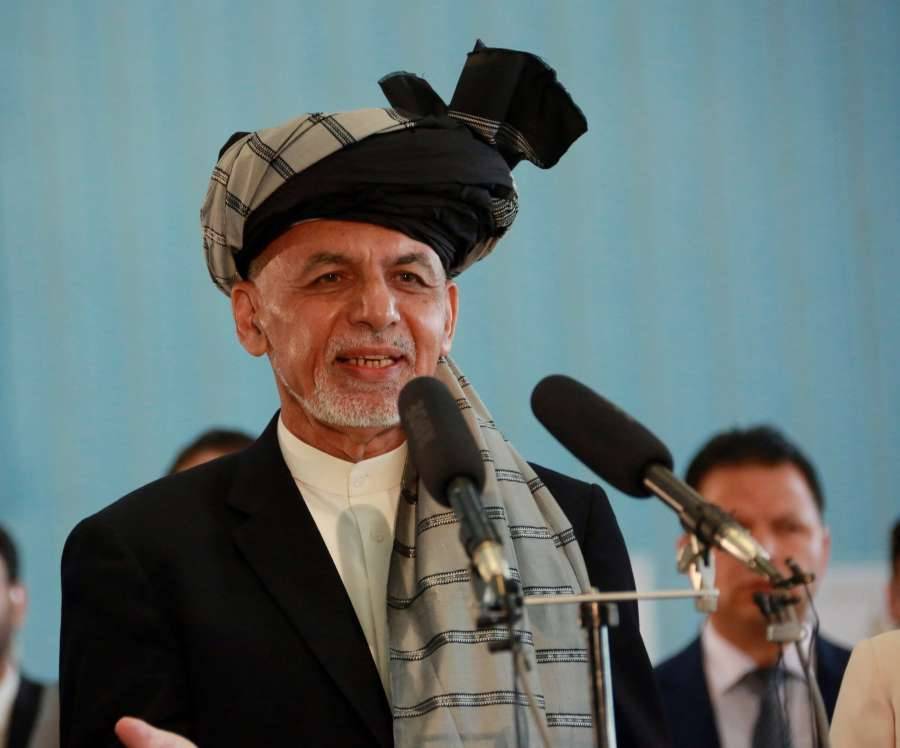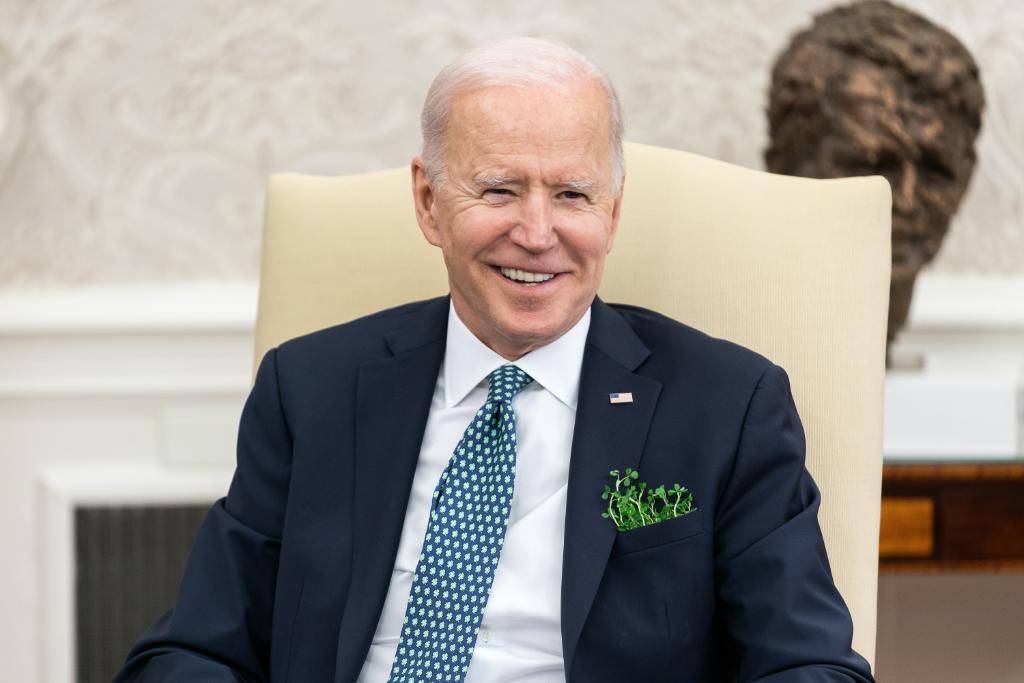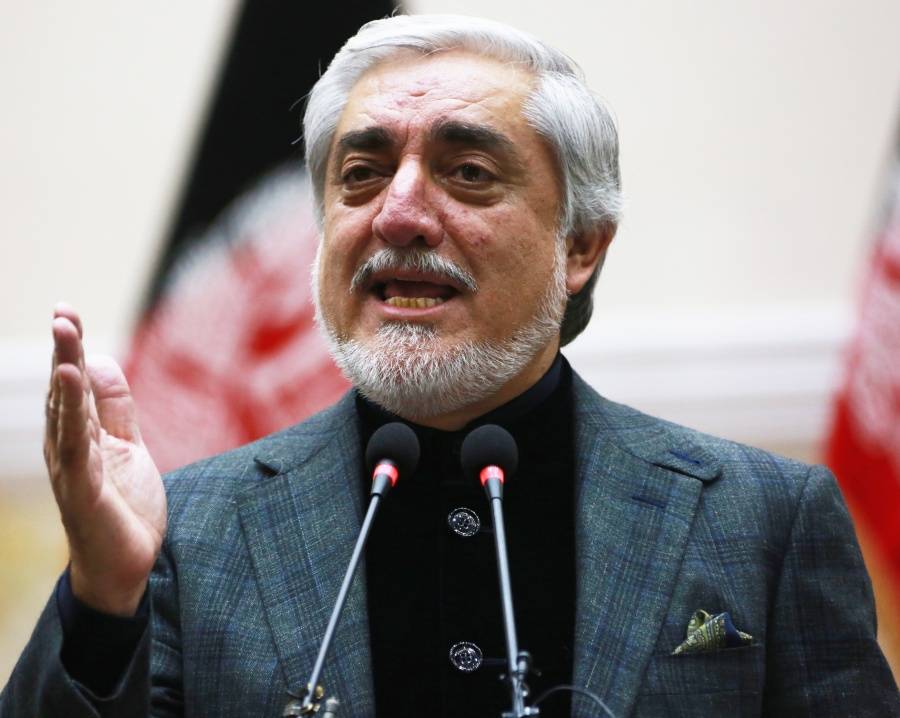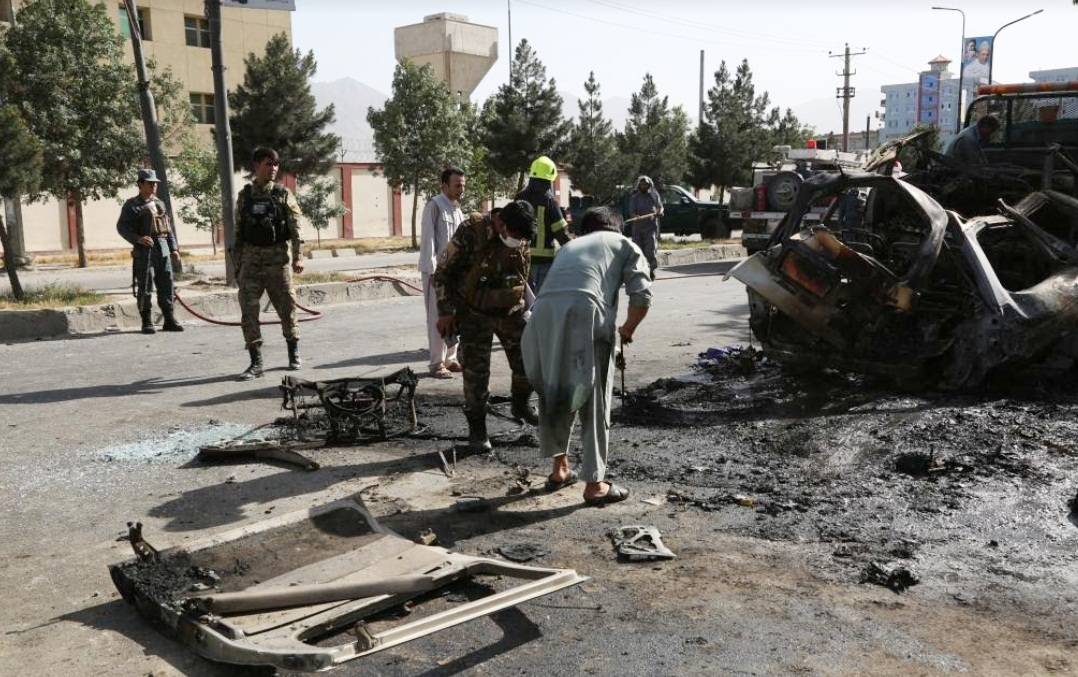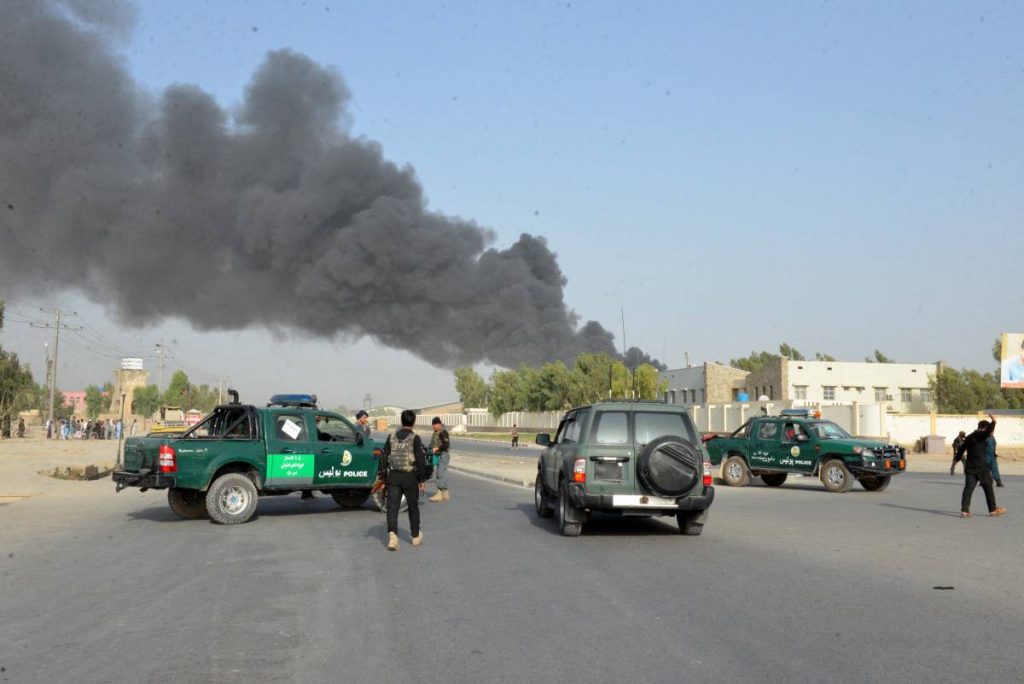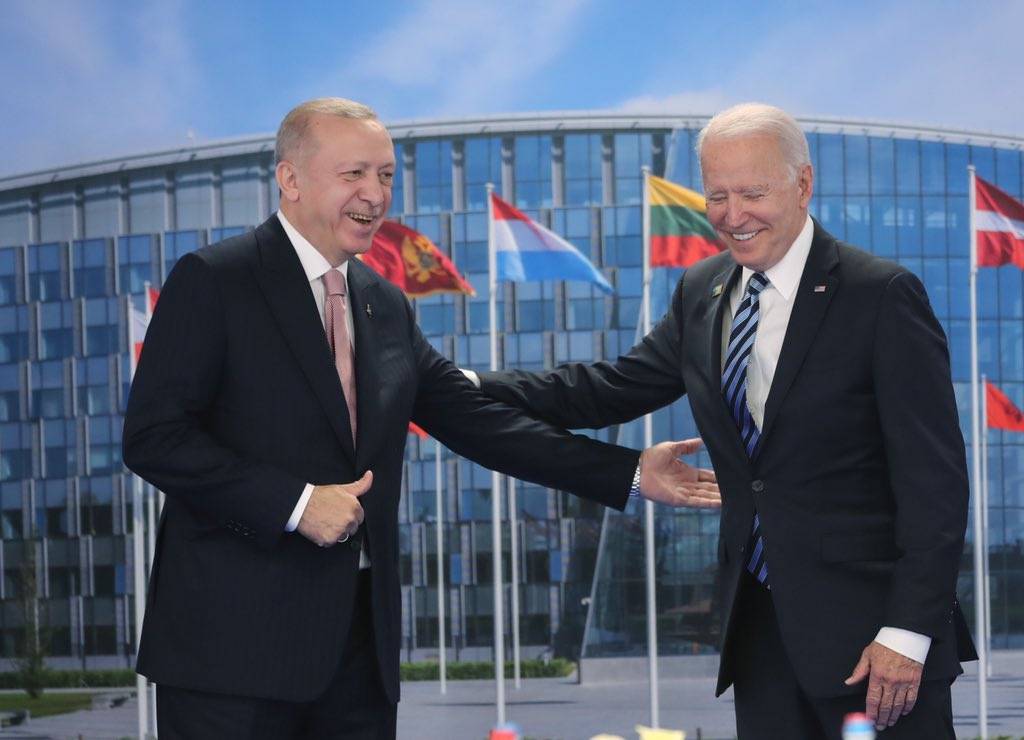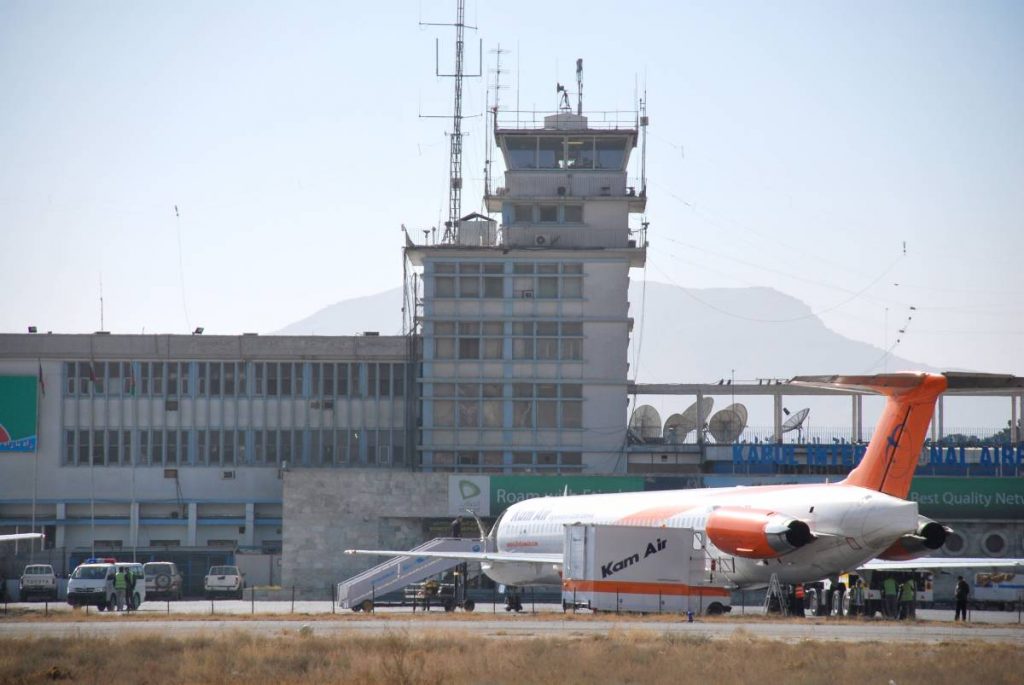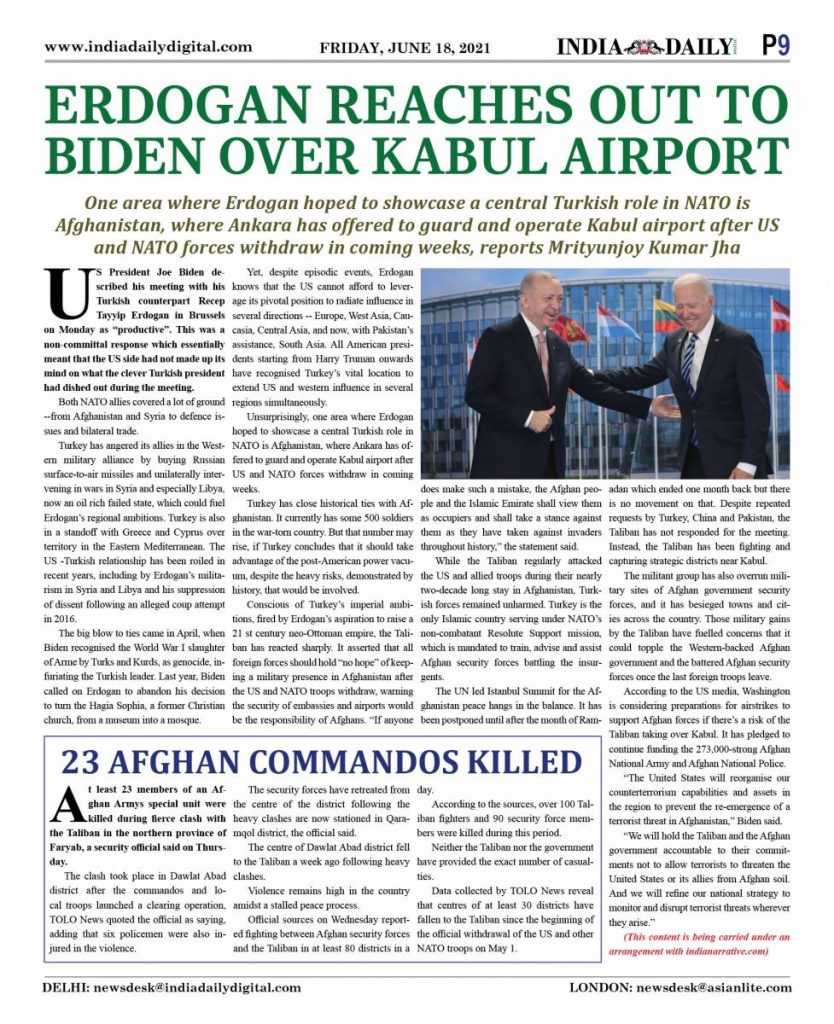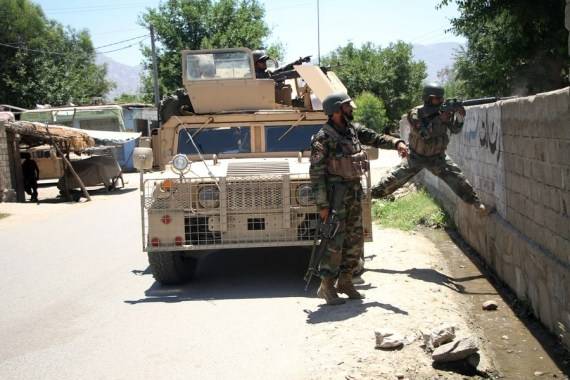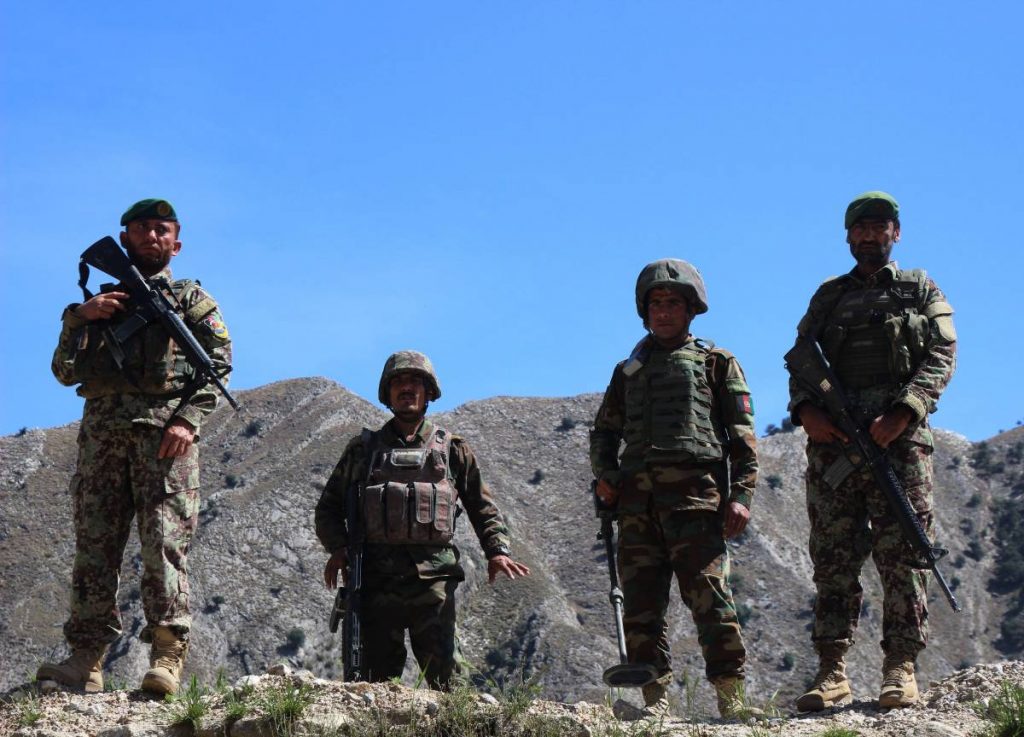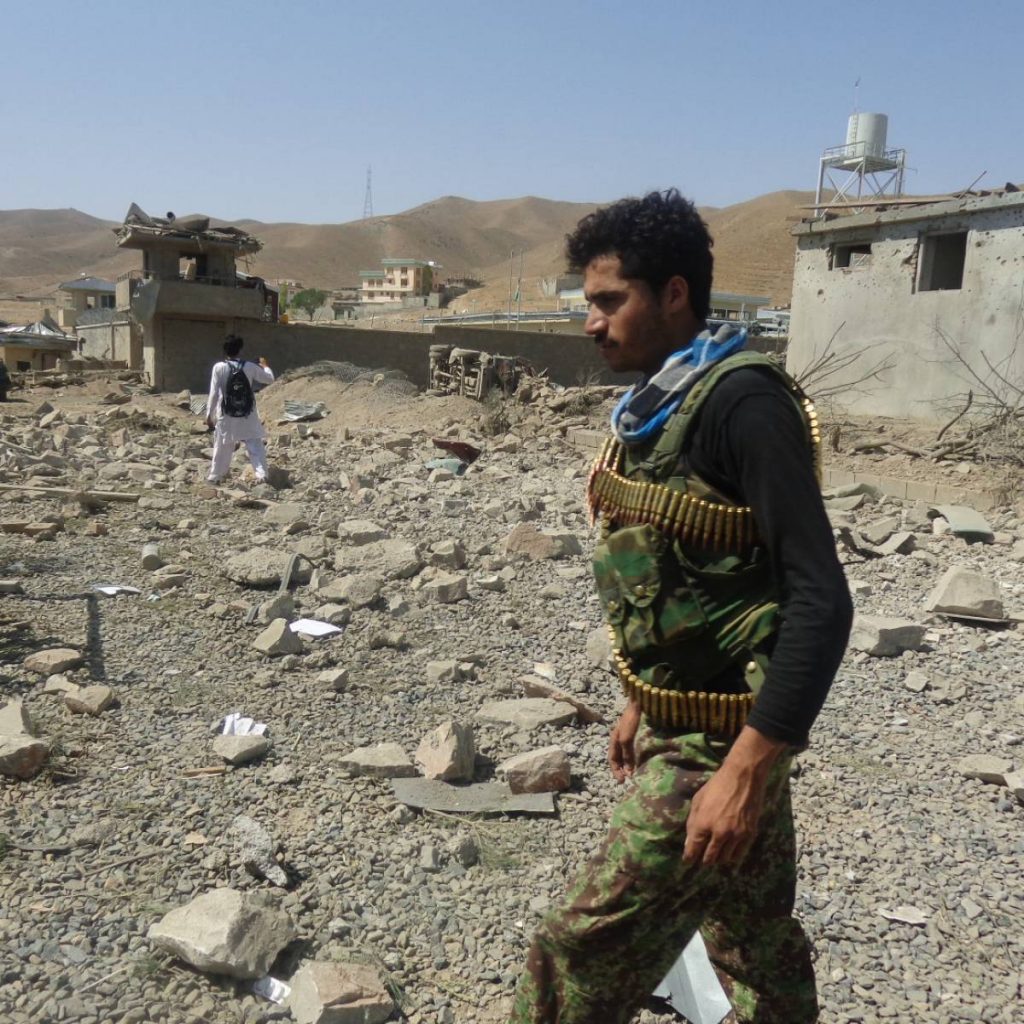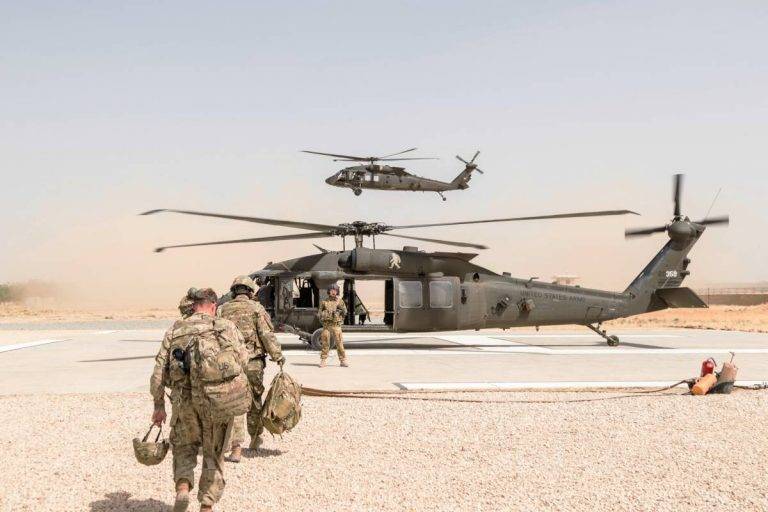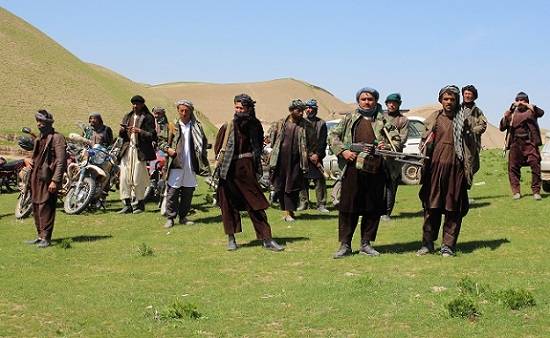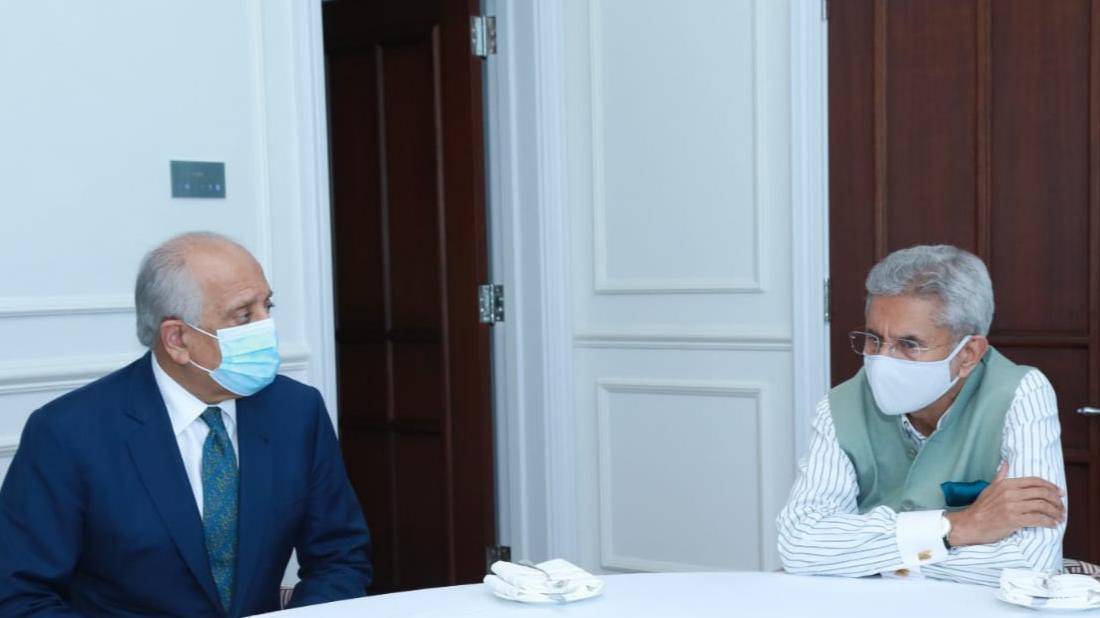Jaishankar said India has been supportive of all the efforts being made to accelerate the dialogue between the Afghan government and the Taliban…reports Asian Lite News
Referring to the UN Secretary General’s report on the situation in Afghanistan, External Affairs Minister S Jaishankar on Tuesday said intra-Afghan talks have not resulted in a reduction of violence in the insurgency-hit country.
On the contrary, violence has only increased, especially after May 1, Jaishankar said in his remarks at the UNSC debate on the UN Assistance Mission in Afghanistan.
“The country (Afghanistan) has been witnessing targeted attacks on religious and ethnic minorities, girl students, Afghan security forces, ulemas, women occupying positions of responsibility, journalists, civil rights activists and youth,” the EAM said.
“It is therefore crucial that the international community and, in particular, this Council presses for a permanent and comprehensive ceasefire to ensure immediate reduction in violence and protection of civilian lives,” he added.
The EAM said that a durable peace in Afghanistan requires a genuine “double peace”. That is, peace within Afghanistan and peace around Afghanistan. It requires harmonizing the interests of all, both within and around that country.
Jaishankar said India has been supportive of all the efforts being made to accelerate the dialogue between the Afghan government and the Taliban, including the intra-Afghan negotiations.
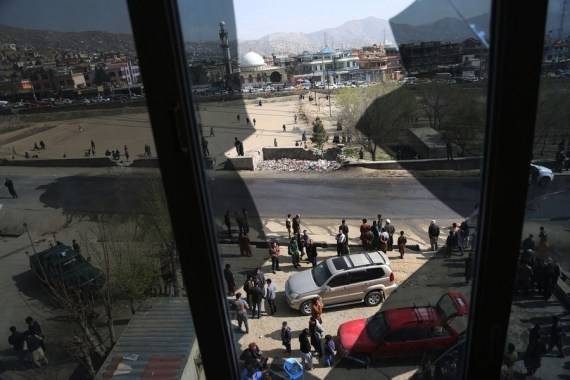
“If the peace process is to be successful, then it is necessary to ensure that the negotiating parties continue to engage in good faith, eschew the path to find a military solution, and fully commit towards reaching a political solution. A tangible demonstration of this commitment is required,” the EAM observed.
India welcomes any move towards a genuine political settlement and a comprehensive and permanent ceasefire in Afghanistan. “We support a leading role for the United Nations, since that would help improve the odds for a lasting and durable outcome,” Jaishankar maintained.
“I would like to reiterate our support for an inclusive, Afghan-led, Afghan-owned and Afghan-controlled peace process. Any political settlement in Afghanistan must ensure that the gains of the last two decades are protected, and not reversed,” he said.
“It should, therefore, preserve the constitutional democratic framework and ensure the protection of rights of women, children and minorities,” the EAM added.
ALSO READ: Taliban say committed to Afghan peace talks
In categorical terms, he said, “For enduring peace in Afghanistan, terrorist safe havens and sanctuaries must be dismantled immediately and terrorist supply chains disrupted. There needs to be zero tolerance for terrorism in all its forms and manifestations including its cross-border one. It is equally important to ensure that the territory of Afghanistan is not used by terrorist groups to threaten or attack any other country.”
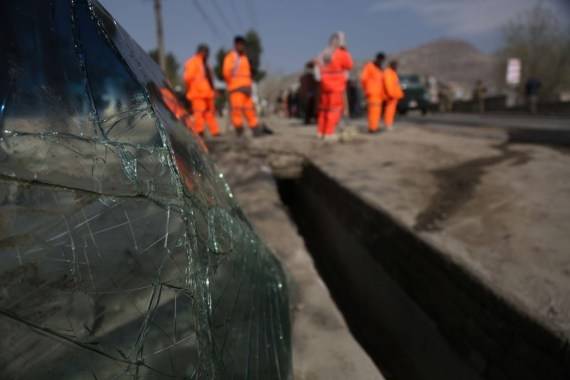
“Those providing material and financial support to terrorist entities must be held accountable. We, as international community, must ensure that our commitments to Afghanistan, including to its various institutions are maintained,” Jaishankar maintained.
For Afghanistan’s economic development, it is important to have unhindered access to the high seas. The international community should work towards the removal of artificial transit barriers imposed on Afghanistan and ensure full transit rights guaranteed to Afghanistan under bilateral and multilateral transit agreements without any hindrance.
Jaishankar said India remains committed to steadfastly supporting Afghanistan during this transition.
“Our development partnership, including more than 550 Community Development Projects covering all 34 provinces, is aimed at making Afghanistan a self-sustaining nation. Additionally, we have just recently signed a Memorandum of Understanding with the Government of Afghanistan for building the Shatoot dam, which would provide safe drinking water to the residents of Kabul city,” the EAM said.
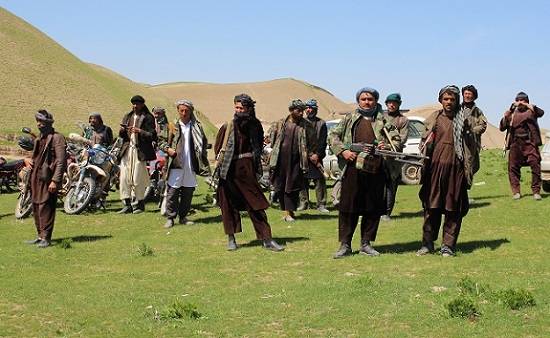
“To provide greater regional connectivity, India has operationalized air freight corridors and the Chabahar Port. India also extended humanitarian assistance of 75,000 MT of wheat to Afghanistan through the Chabahar Port to overcome food insecurity in view of the COVID-19 pandemic,” he added.
Further, as a part of our endeavour to help Afghanistan tide over the COVID-19 pandemic, “we have supplied Made-in-India vaccines to Afghanistan, both bilaterally and through the COVAX facility,” the EAM said in his remarks at the debate.
He once again said that India continues to stand with Afghanistan in ensuring restoration of normalcy through a legitimate democratic process that is essential for the long-term stability of Afghanistan and the region.
“India will continue to provide all support to the Government and people of Afghanistan in realizing their aspirations for a peaceful, democratic and prosperous future, free of terror, so as to protect and promote the rights and interests of all sections of Afghan society,” the EAM noted. (INN)
ALSO READ: India played key role in Afghanistan development: Khalilzad

